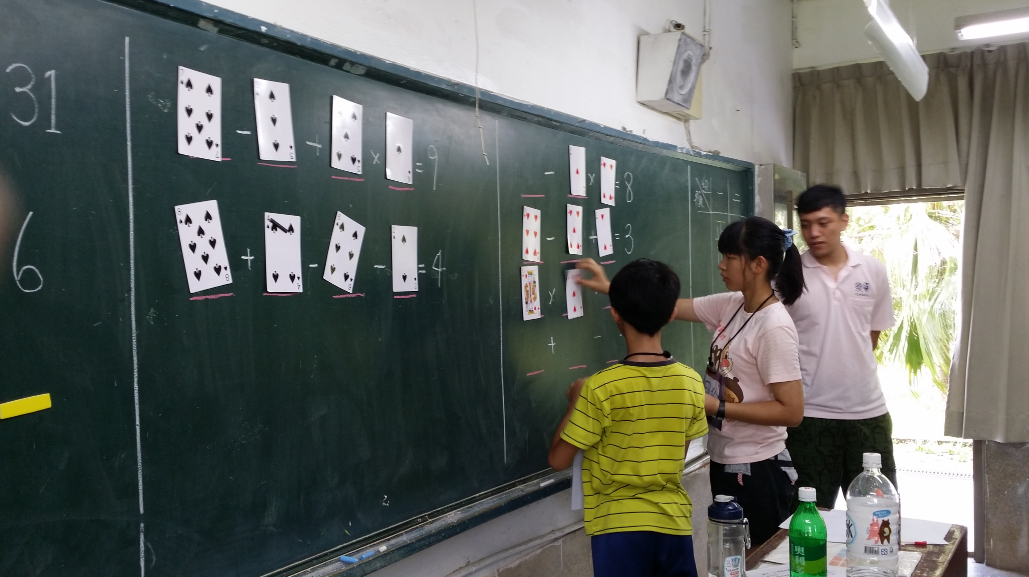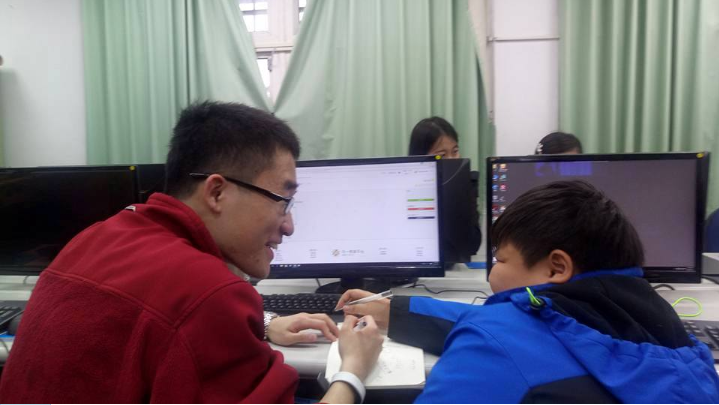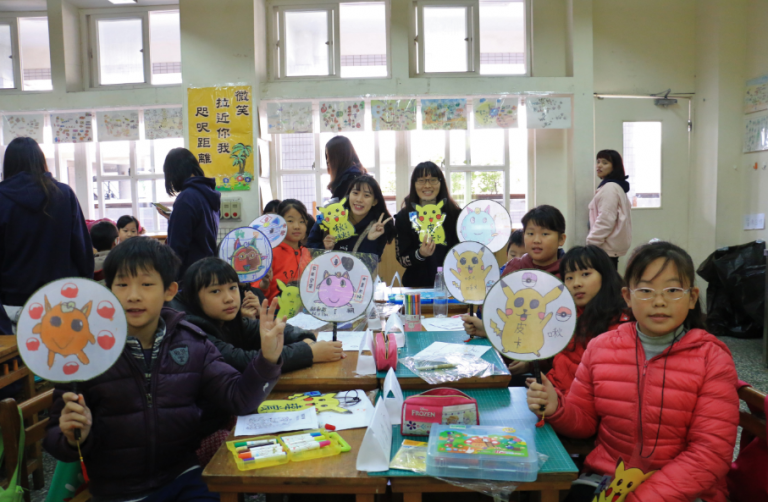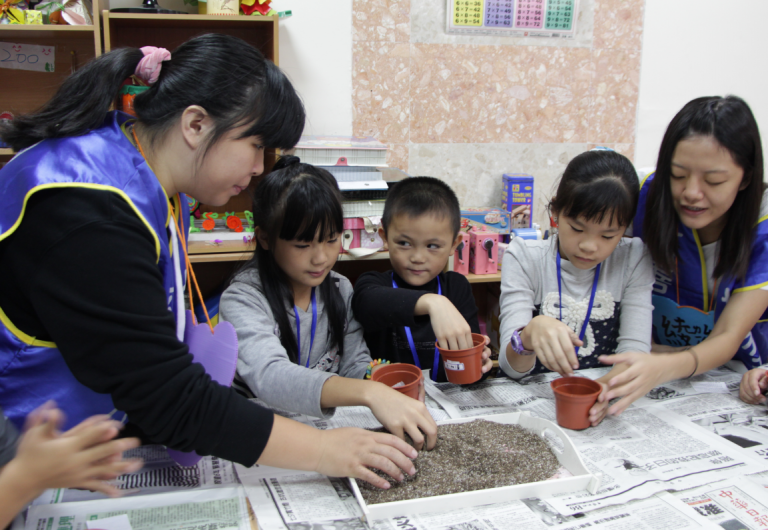首頁 » Team » Education Project » Schweitzer Program – Da-Po Detective Boys
Summarization of CYCU Service Learning Team in the school year of 2016 – for groups | |||
Team Name | Schweitzer Program – Da-Po Detective Boys | ||
Service Recipient | Da-Po Junior High School, Xinwu District, Taoyuan City | Service Hours | A total of 1456 hours |
Term of Service | July 4, 2016~July 15, 2016 | Number of service recipients | About 42 persons |
Motive of Service | Situated in the rural area, Da-Po Junior High School receives limited resources. The students’ parents are so busy for livelihood and spend little time in caring for these children, and the children’s families are generally undereducated. Given this, the students lack the learning resources and motives. We hope to arouse their motive to learn and experience happy learning through the activity. The topic about detective boys is conceived to primarily allow the children to learn how to operate and solve problems, hoping that they may utilizes the leads and existing knowledge, and work with the peers to overcome difficulties and create their imagination about the answers in the process of detection. The Schweitzer Program is initiated based on four motives, including (1) generating the passion about learning and development of the potentials for various aspects; (2) discovering the dream in life and pursuing the dream; (3) learning by doing to arouse the interest and active learning; (4) understanding the interaction, mutual respect and understanding with others through the group activity. We hope that all students may learn how to adequately get along with others and respect each other after participating in the activity. Our members saw the needs in the rural area and were willing to make contribution to it. In the process of planning the activity, our members also learned about logics and principles, cooperation, stress resistance and the ability to allocate time. | ||
Summary of Service | The activity was organized in the school for two weeks. The first session persisted from July 4 to July 8, and the second session from July 11 to July 15. Except the eve party held until 21:00PM on every Thursday, the other courses all started at 9:00AM and ended on 17:00PM on each day. The service hours per session were both 60 hours, namely a total of 120 hours from July 4 to July 15. The first session was supposed to be held for the students who were going to be 7th grade from 6th grade, but included additional students who are going to be 9th grade from 8th grade with causes. As a result, a total of 23 students were enrolled initially. The second session was held for the students who were going to be 8th grade from 7th grade. A total of 20 students were enrolled. To be in line with the school’s transition courses, the boy scouts activity was changed into rock climbing. | ||
Mode of Service | According to the topic, Da-Po detective boys, the team plays the role as a detective training camp, and all activities are about detective training. Each game needs mutual cooperation and introspection to break, so as to help the students refresh the past experience and explore the future. By group, we help the students integrate into the group and learn how to communicate and work with each other. Through the detection on cases, the students are allowed the chance to upgrade their learning ability in the process of detection, and learn to seek help and cooperation when encountering difficulties and to solve the problem by themselves and together with the group members. To strengthen the students’ subjects, we also perform the team teaching with respect to such subjects as Chinese and Mathematics, and the living technology, science and boy scouts courses to help the students integrate into the group to learn mutual assistance, practice and learning, so that all of the trainees may enjoy both physical and sedentary activities and develop their senses of morality, intellectuality, physics, society and aesthetic well-being. The activities including sports, field games and RPG competitions help demonstrate the mutual cooperation and diversity, and develop the trainees’ potential to enhance their learning achievements and self-confidence. | ||





